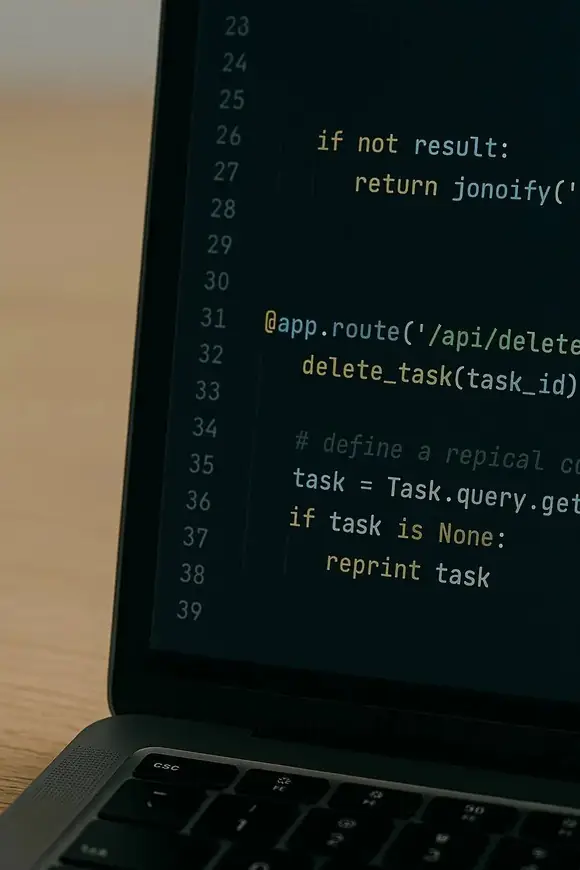Not a Stage
In many software projects, quality is still treated as a final phase. Something that happens at the end of development — a checkpoint to decide what’s ready and what still needs work. This view, while common, is fundamentally limited: it reduces quality to an external filter, when in fact, it should be something built into every step from day one.
When quality is seen as a separate step, it often becomes a checklist. You test what you can in the time available, fix the urgent issues, and launch with what’s left. Structural problems are pushed down the road. What isn’t visible becomes normalized. What repeats itself becomes part of the process. The result may be a product that works, but it’s hard to maintain, expensive to evolve, and increasingly fragile as the context changes.
Quality isn’t just the responsibility of QA teams. It’s a way of working that runs through every part of the project: how a requirement is understood, how a database is structured, how an API is documented, or how interface elements are named.
It means making thoughtful technical decisions, writing code that others can follow, designing systems that are ready for change, and collaborating with clarity. It also means having the conversations that matter, reviewing early, automating smartly, and prioritizing what actually creates value — not just what feels urgent.
In teams where quality is part of the culture, you don’t need to wait until the end to know if something was done well. Mistakes still happen, but they’re caught sooner. Decisions aren’t always perfect, but they’re made consciously. And the process isn’t slower — it’s simply better organized.


Seeing quality as an investment rather than a cost changes how products are built. It improves communication, reduces frustration, accelerates onboarding, and — most importantly — ensures the software stays relevant over time without requiring heroic efforts to keep it going.
Of course, every project has its context. Not every solution needs the same level of automation or review. But even in fast-paced or highly agile environments, there’s a big difference between moving fast and cutting corners. Teams that operate with judgment can deliver simple solutions that are still well-crafted.
At neo301, we treat quality as a mindset — not a task to be outsourced or postponed. It starts in discovery and is present through to delivery. It’s built into architecture decisions, technical documentation, design criteria, code reviews, and how we collaborate every day.
For us, quality isn’t just a promise — it’s a visible result. It shows up in product stability, scalability, and the ease with which teams can iterate without breaking what already works. We know that what’s invisible — internal structure, code clarity, data consistency — is often what carries the most weight over time. That’s why we care about it from the very beginning.
We don’t just deliver software. We build sustainable solutions. And that’s only possible when quality is not a stage — but part of the culture.
Technology professional with over 25 years of experience in software development and technical team leadership for clients across the Americas, Europe, and Asia. Founded multiple tech ventures and led high-impact digital projects for leading brands in both corporate and startup environments. Specialized in system architecture, project management, and scalable digital solutions. Combines strategic vision, user experience focus, and technical execution to turn complex ideas into robust, sustainable products.
